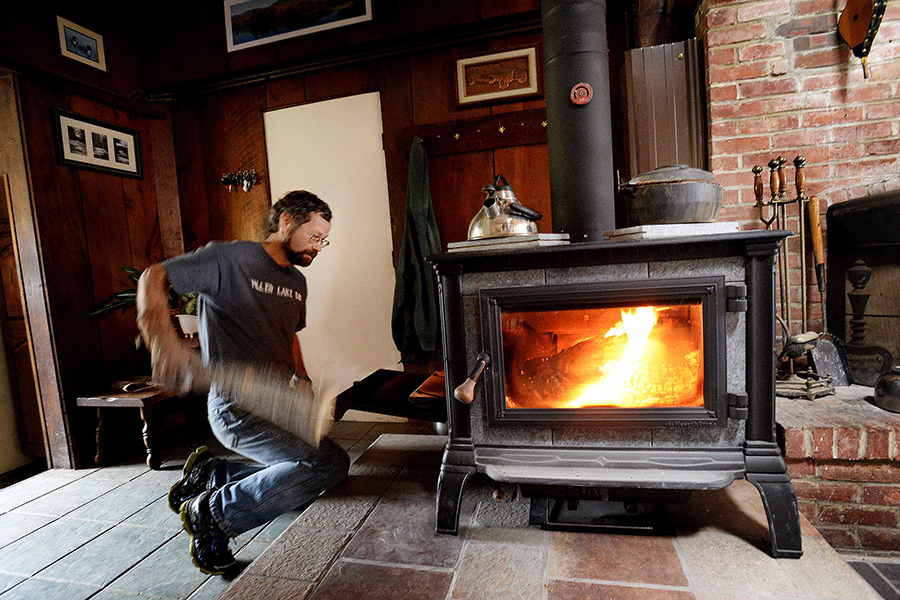An interesting article about Vermont's Energy plan, they are advocating wood pellet heating over cordwood heating.

 insideclimatenews.org
insideclimatenews.org
For those who like to skip over articles make sure you read it to the end for this classic quote
During Hanson's first week on the job, she found herself touting the virtues of advanced wood heating systems to an older Vermonter. "Well, Emma," he replied, "I have 100 acres of trees on my property, but I don't have a single pellet tree."
Some background on Vermont's biomass history. Vermont made it very attractive for schools and government buildings to switch to wood. Plenty of entrepreneurs hopped into the market selling systems and many schools were converted to wood chip heating. The problem was that most schools and government buildings are down in deep river valleys surrounded by moutains where most of the towns are. The valleys get temperature inversions on occasion and in general the air tends to get stagnant down low. Most of the boilesr installed do not have thermal storage so they run all the time regardless of heating demand. That leads to part load operation and associated high emissions. Most of the boilers installed did not have emissions control equipment installed, although at some point late in the game the state started requiring some particulate control. The net result is the local air emissions around these schools actually got worse. Burlington has the McNeil wood fired power plant right near downtown. it does have 25 year old emissions technology but since its baseload power it runs hot and relatively clean.

Vermont Doubles Down on Wood Burning, with Consequences for Climate and Health - Inside Climate News
This story was co-published with The Weather Channel as part of Collateral, a series on climate, data and science. BRISTOL, Vermont — Wood smoke rising from a stovepipe is as about as common a sight in Vermont as roadside signs advertising maple syrup for sale. Vermonters have been heating...
For those who like to skip over articles make sure you read it to the end for this classic quote
During Hanson's first week on the job, she found herself touting the virtues of advanced wood heating systems to an older Vermonter. "Well, Emma," he replied, "I have 100 acres of trees on my property, but I don't have a single pellet tree."
Some background on Vermont's biomass history. Vermont made it very attractive for schools and government buildings to switch to wood. Plenty of entrepreneurs hopped into the market selling systems and many schools were converted to wood chip heating. The problem was that most schools and government buildings are down in deep river valleys surrounded by moutains where most of the towns are. The valleys get temperature inversions on occasion and in general the air tends to get stagnant down low. Most of the boilesr installed do not have thermal storage so they run all the time regardless of heating demand. That leads to part load operation and associated high emissions. Most of the boilers installed did not have emissions control equipment installed, although at some point late in the game the state started requiring some particulate control. The net result is the local air emissions around these schools actually got worse. Burlington has the McNeil wood fired power plant right near downtown. it does have 25 year old emissions technology but since its baseload power it runs hot and relatively clean.

